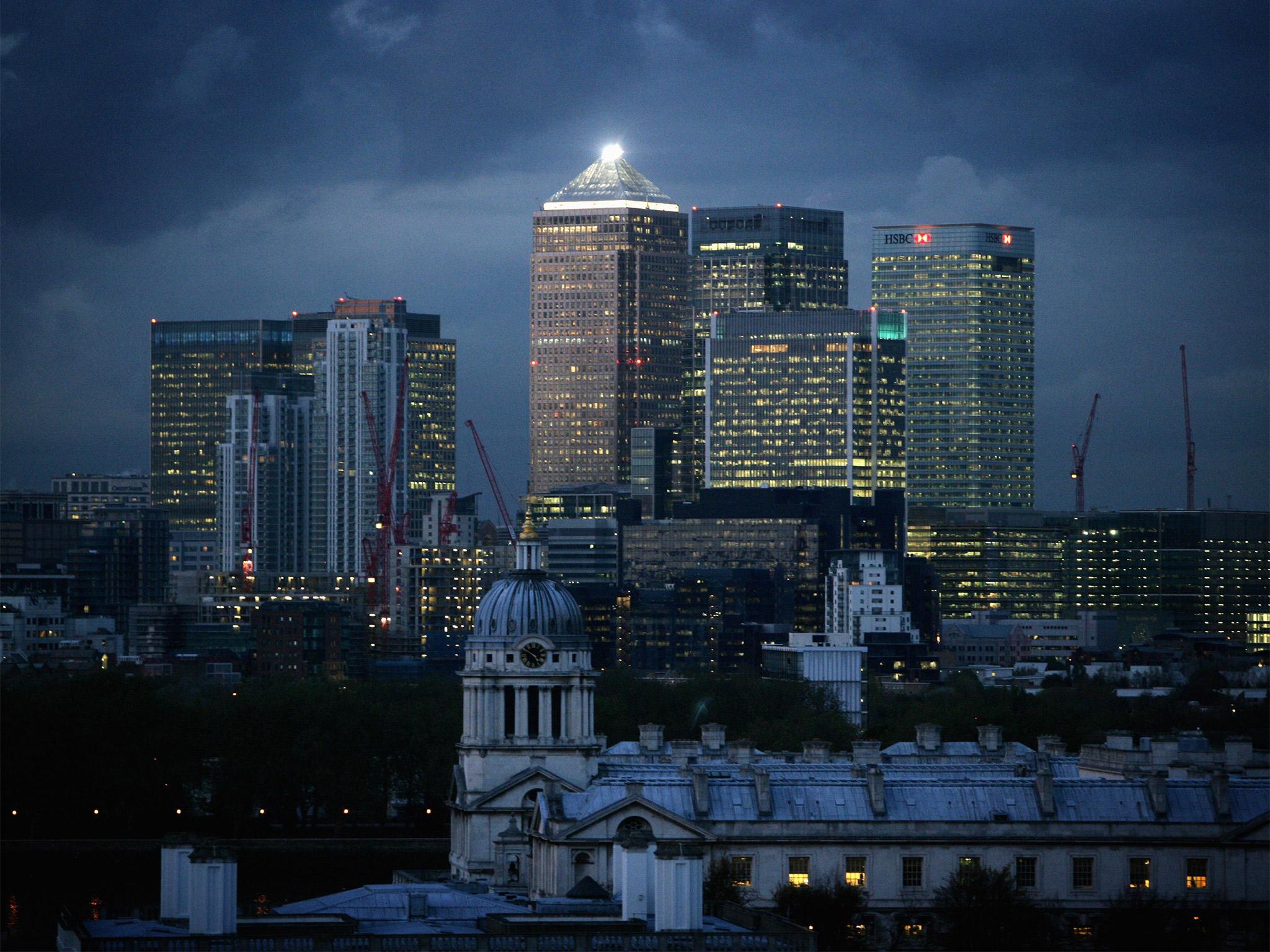Banks must stand on their own two feet, until the next time they fall down
Outlook

One of the consequences of the world’s banks operating with implied state backing is that they enjoy very high credit ratings, which helps them to borrow at very cheap rates.
Unfortunately for them, Standard & Poor’s isn’t so sure that backing will be there in the future. As a result, it has knocked the credit ratings of all eight of America’s “systematically significant” banks down a notch.
The rationale for this is that the US Federal Reserve has come up with new guidelines, such as requiring that banks maintain minimum levels of capital and long-term debt that can be converted to equity if it is needed to absorb potential losses.
The hope is that this, and other measures, will enable the orderly winding-up of failing banks. Watchdogs on this side of the pond hope they’ve put in place a framework to achieve much the same thing.
The subtext of S&P’s move is that if banks are no longer quasi state-backed entities, they shouldn’t be able to enjoy the credit ratings that suggest they are.
There’s a certain logic to this. It’s worth mentioning that the holders of bank bonds emerged from the financial crisis all but unscathed, and that rankled given how much taxpayers around the world found themselves on the hook for.
The Fed’s reforms mean they won’t be able to escape so easily next time, and for as much as credit ratings are worth these days (they certainly didn’t emerge from the crisis unscathed), that’s a very good reason to reduce them.
One problem, though, is this: do you really think it is possible to foresee an “orderly” winding-up of a JP Morgan? Or a Citi? Or a Goldman Sachs?
It is so easy to forget what happened when just one of their number, Lehman, was allowed to fail. The trillions of pounds, dollars, euros and the rest poured into the financial system, and financial institutions, in its wake appalled both the left and the right, and justly so.
Remember the reason it was done: politicians, central bankers and regulators started to ask what would happen if they continued to sit on their hands – and didn’t much like the answers they were getting. S&P thinks bailouts are less likely in the future. But it doesn’t rule them out. Nor should it.
Join our commenting forum
Join thought-provoking conversations, follow other Independent readers and see their replies
Comments
Bookmark popover
Removed from bookmarks